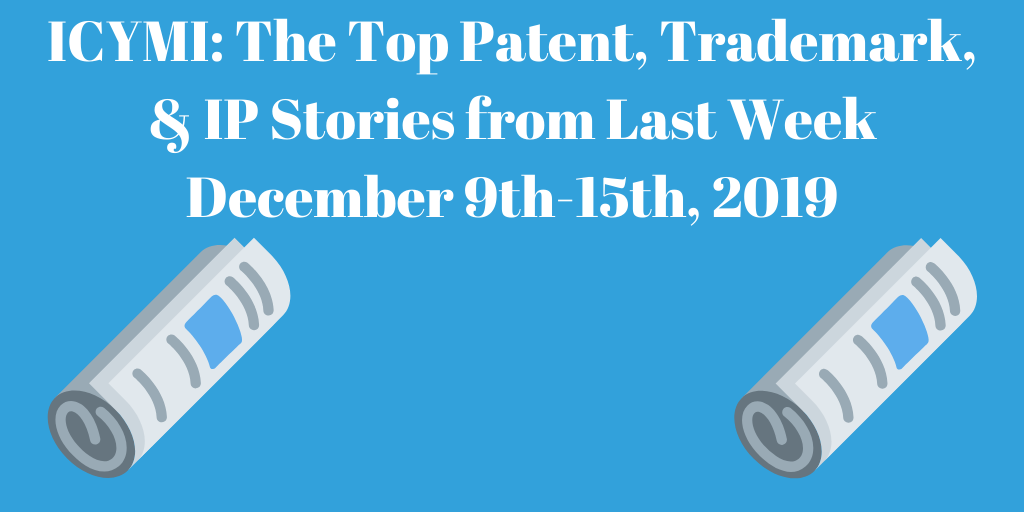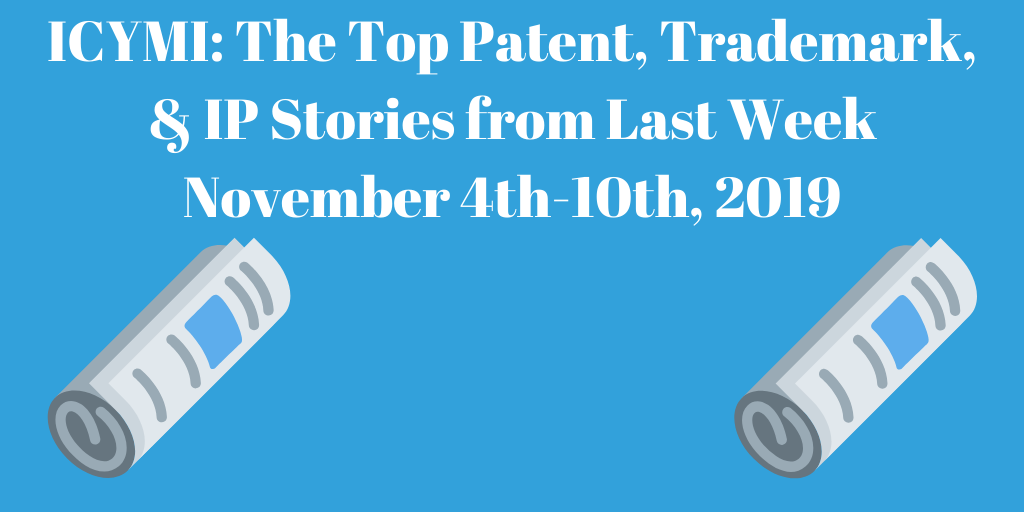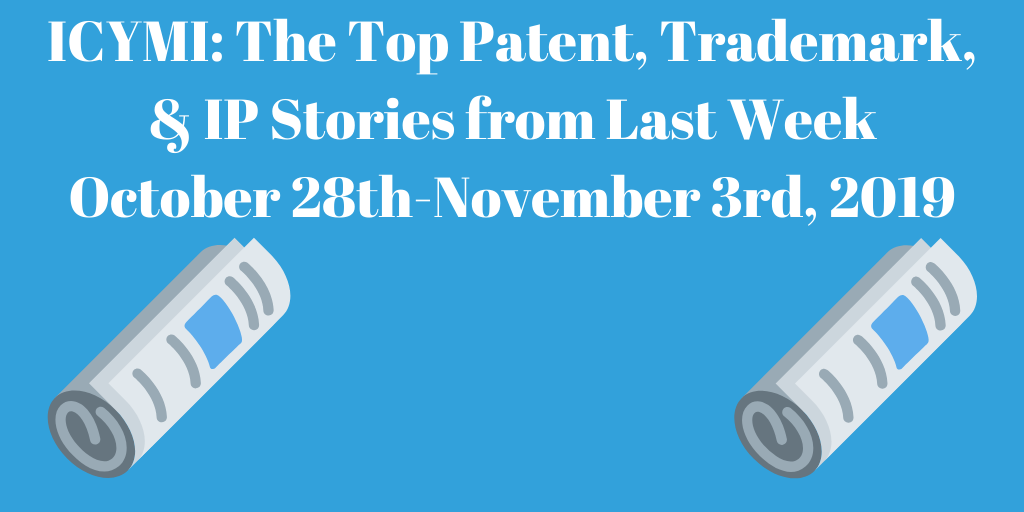Business method patents…what will the Supreme Court Do?
On November 9, 2009 the Supreme Court heard an oral argument on the appeal from the Federal Circuit of the case of Bilski v. Kappos, wherein the central issue was whether the Federal Circuit erred by holding that a business method patent application based on a “process” must be tied to a particular machine or apparatus, or transform a particular article into a different state or thing (“machine-or-transformation” test), to be eligible for patenting under 35 U.S.C. § 101.
The Supreme Court has asked various important questions. But do these questions mean that they are leaning against protecting non-traditional “virtual” business methods unless it’s tied to something tangential?
Questions
In some questions the Justices attempted to concoct scenarios that would make the application for a patent for certain business methods appear ridiculous:
JUSTICE BREYER:
- So you are going to answer this question yes. You know, I have a great, wonderful, really original method of teaching antitrust law, and it kept 80 percent of the students awake. They learned things — (Laughter) … It was fabulous. And I could probably have reduced it to a set of steps and other teachers could have followed it. That you are going to say is patentable, too?
- Do you think that the framers would have wanted to require anyone successful in this great, vast, new continent because he thinks of something new to have had to run to Washington and to force any possible competitor to do a search and then stop the wheels of progress unless they get permission? Is that a plausible view of the patent clause?
- Transactions between commodity providers and commodity consumers. You set a fixed price at the consumer end, you set a fixed price at the other end, and that’s it….I could patent a process where I do the same thing[,]… initiate a series of transactions with sellers…. initiate a series of transactions with buyers. I buy low and sell high. That’s my patent for maximizing wealth.
JUSTICE SOTOMAYOR:
- So how do we limit it to something that is reasonable? Meaning, if we don’t limit it to inventions or to technology, as some amici have, or to some tie or tether, borrowing the Solicitor General’s phraseology, to the sciences, to the useful arts, then why not patent the method of speed dating?
Thoughts
I hope the judges are not missing the boat.
Whether it is a business method or something else, the idea still has to be new, useful and a non-obvious improvement over whatever is already out there. If a new idea meets these requirements, it logically adds to the wealth of society as a whole. Wouldn’t enhancing the good of society as a whole be the founding fathers intent when drafting the Constitution? An invention that is not tied to something tangential can still be a good idea and benefit society. If inventor comes up with a new idea of doing business and somebody somewhere can benefit and make money from that idea, shouldn’t the inventor also profit? If the Supreme Court denies the inventor the benefit of his new, useful non-obvious idea there would be no incentive to share their invention with the world.
Other related posts:
Senator Leahy Uses Bilski to Push Patent Reform
USPTO Sends Bilski Memo to Patent Examiners
Legal community weighs in on Bilski v. Kappos




